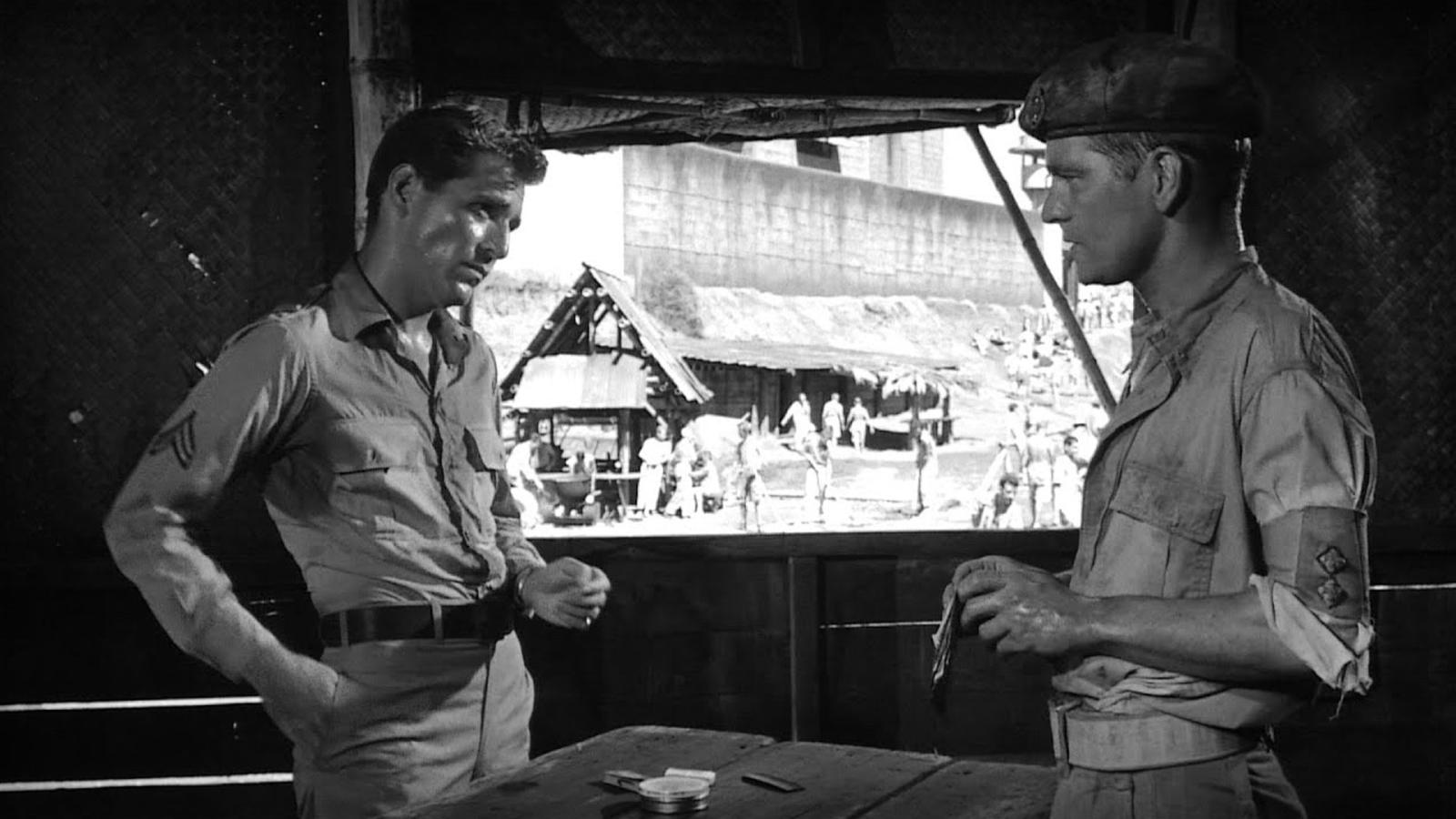The Most Accurate WWII POW Film You've Never Seen

When people think "POW movie," they think The Great Escape. Steve McQueen on a motorcycle, British officers digging tunnels, and just enough fiction to make you forget it's about war. Fun, sure—but if you want the real deal? Try King Rat.
Released in 1965, King Rat is based on James Clavell's own time as a POW in Changi Prison—Japan's notorious World War II camp in Malaya. This one doesn't sugarcoat anything. No heroics, no uplifting music. Just desperate men, brutal conditions, and a brutal social hierarchy where survival has nothing to do with honor.
The story centers on Corporal King, an American wheeler-dealer who's thriving while everyone else rots. The British and Australian officers hate him, but they can't ignore him—he has what they need to survive. The film digs deep into class conflict, moral compromise, and what war really does to people.

The authenticity? Off the charts. Denholm Elliott, who plays a British officer, actually was a POW during the war—he was shot down and spent years in a German camp. Even director Bryan Forbes was shaken by the experience of filming. After 62 grueling days, he said:
"At the end of the sixty-two shooting days I was so affected I could scarcely talk for fear of breaking down."
The lead role of King was originally offered to Steve McQueen, Paul Newman, and Marlon Brando—all of them passed. The movie was too bleak, too honest, too far from the polished heroism Hollywood liked to sell. The part eventually went to George Segal, who called it a turning point in his career.
Despite an Oscar nomination for cinematography, King Rat was a box office flop. Why? Marketing sold it as a generic war drama—completely missing the fact that it's really a cynical, unflinching look at human nature under pressure. And in 1965, with America still pretending Vietnam was a clean-cut war, audiences didn't want to hear it.
As Forbes later put it:
"Whatever chance it had was thrown away by run-of-the-mill and basically dishonest exploitation... The real audience, the audience for whom it was intended, stayed away."
No happy ending, no noble sacrifice—just one of the most realistic WWII films ever made. And hardly anyone saw it.